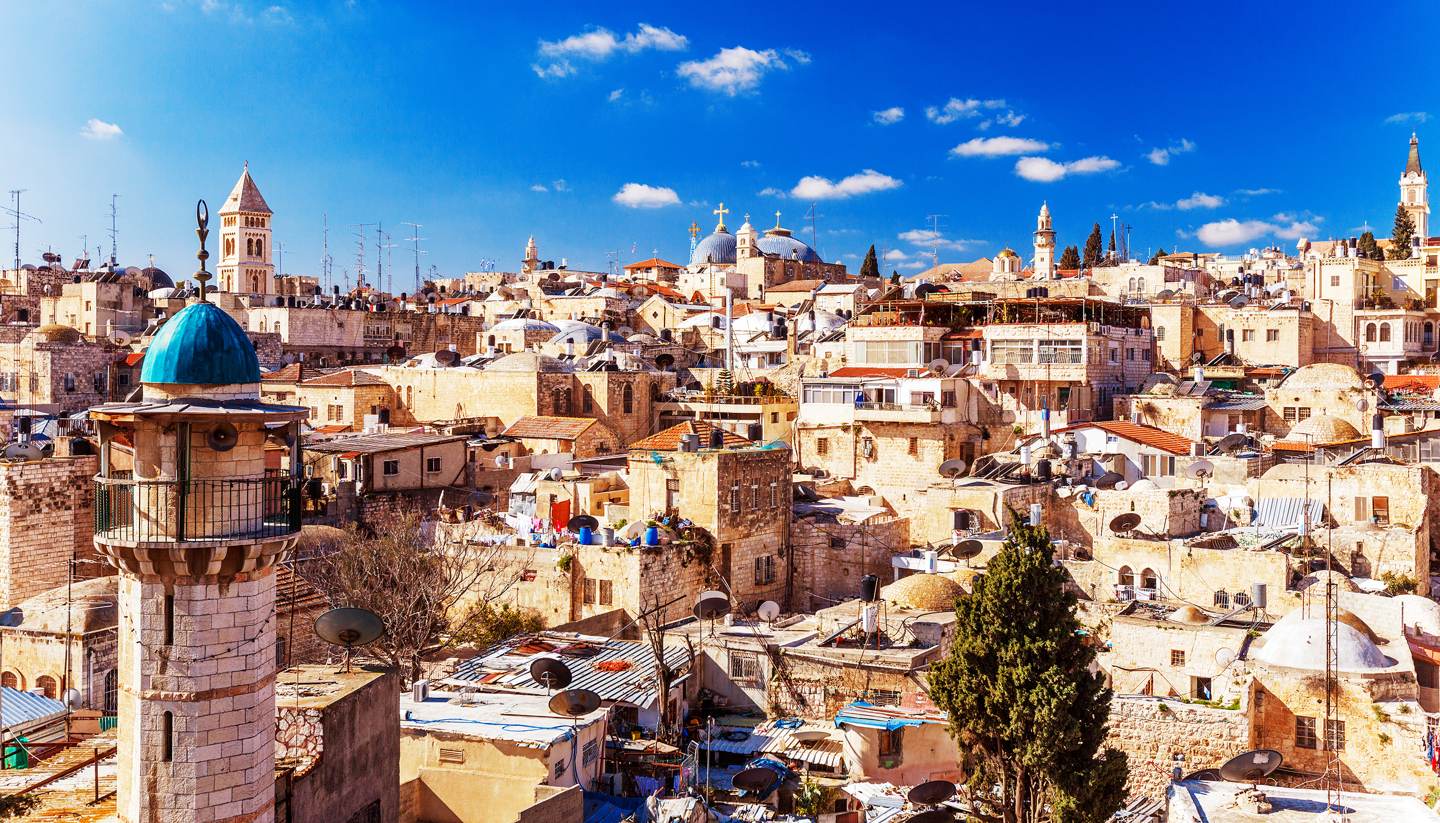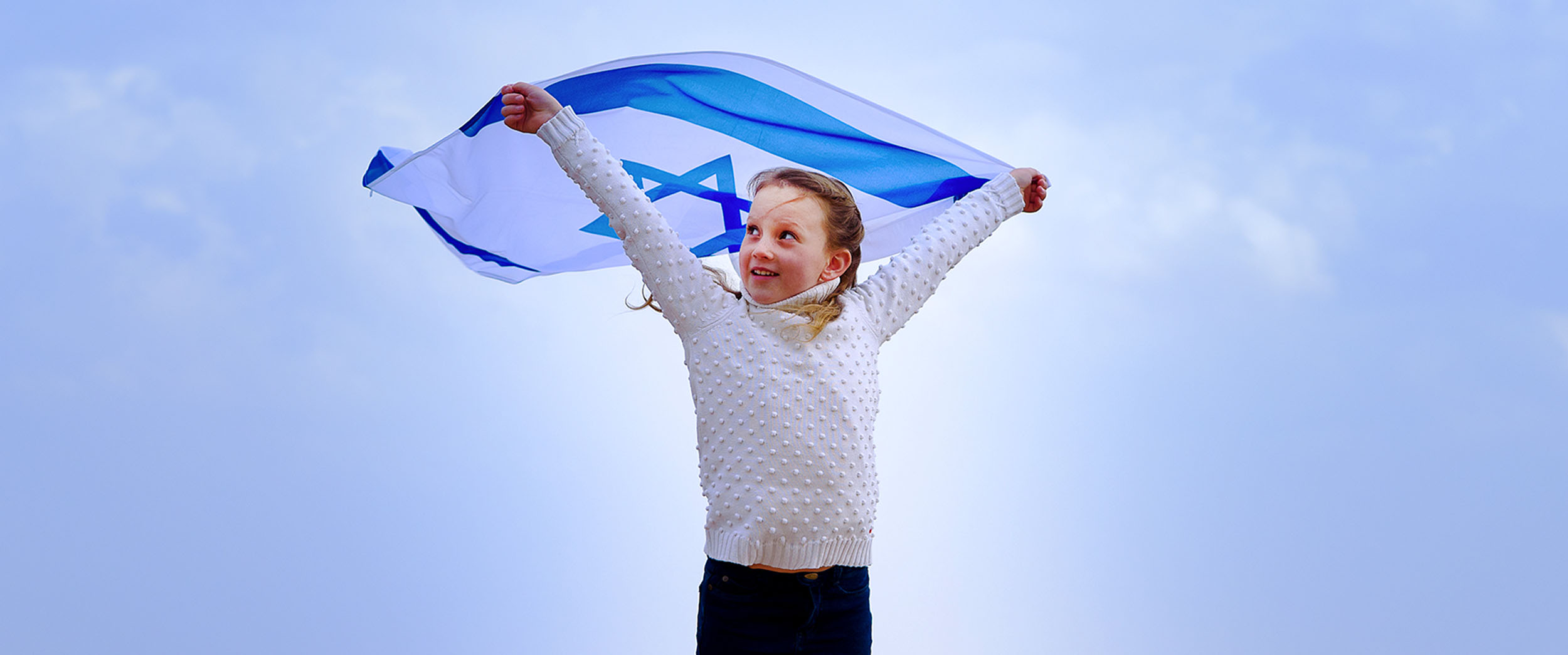Jerusalem History
The history of Jerusalem is long and complex. There’s evidence of a settlement here around 4000 BCE, though according to Jewish tradition, the city was founded by the ancestors of Abraham.
Hebrew Scripture places David as the first King of Israel, and his son Solomon is attributed with having built the Holy Temple in Jerusalem. Solomon’s temple was destroyed in 586 BCE by the Babylonians and rebuilt 70 years later.
During the reign of Alexander the Great, Jerusalem came under Macedonian control. The Maccabean Revolt led to the establishment of a new kingdom with Jerusalem as capital in 152 BCE.
Under the Roman client-king Herod, the city prospered and the Second Temple was expanded, but his death and the iron-fisted rule of the Romans led to a Jewish revolt, after which the Temple was destroyed and Jews expelled.
Religious tolerance was promoted under Emperor Constantine and Jerusalem became an important pilgrimage destination. After the Arab Conquest in the 7th century, Jerusalem came under Islamic rule. Jerusalem was also immensely holy for Muslims, who constructed the Dome of the Rock and Al-Aqsa Mosque.
The religious tolerance reigned until the 11th century, when the Seljuk Turks seized control. This led to the First Crusade and the successful conquest of Jerusalem. In the late 12th century, the Islamic Saladin recaptured the city but allowed the worship of all religions and the return of exiled Jews.
By the 16th century, the Ottoman Empire controlled the city and erected the Old City walls. The succeeding 300 years saw Jerusalem plagued with poverty, neglect and a static population. But by the 19th century, Jews from Europe and elsewhere were coming to the city. The population was ultimately divided into four major communities: Jewish, Christian, Muslim and Armenian.
Under British mandate in the early 20th century, the city grew but tensions between Jews and Palestinian Arabs increased too, culminating in the 1920s riots and the Arab Revolt of 1936-39. The State of Israel was declared in 1948, after which came the Arab-Israeli War and a divided Jerusalem. It remains greatly contested to this day.
Did you know?
• Jerusalem is considered to be the third holiest city in Islam. The Prophet is believed to have ascended to heaven from Jerusalem.
• Even amongst Christians, holy sites in Jerusalem are hotly contested. The upkeep of the Church of the Holy Sepulchre, said to contain the tomb of Jesus, is tenaciously divided between Greek Orthodox, Catholic, Armenian and Coptic denominations.
• The status of East Jerusalem is a matter of great dispute since the Six-Day War in 1967, when Israel Defence Forces seized it (as well as the West Bank, Gaza and the vast Sinai Peninsula).



